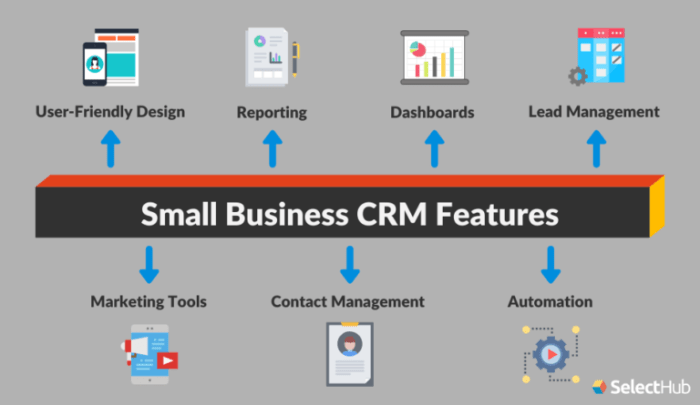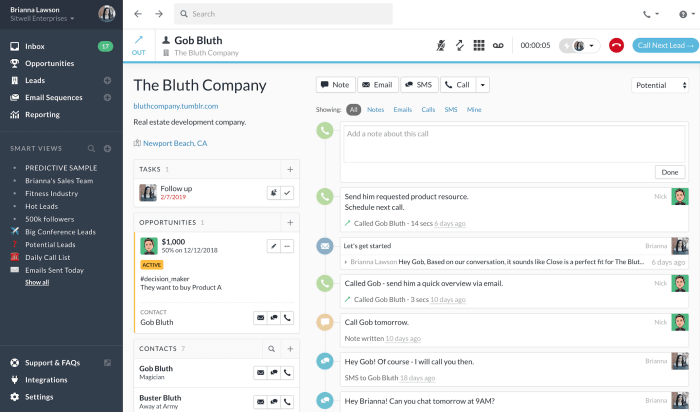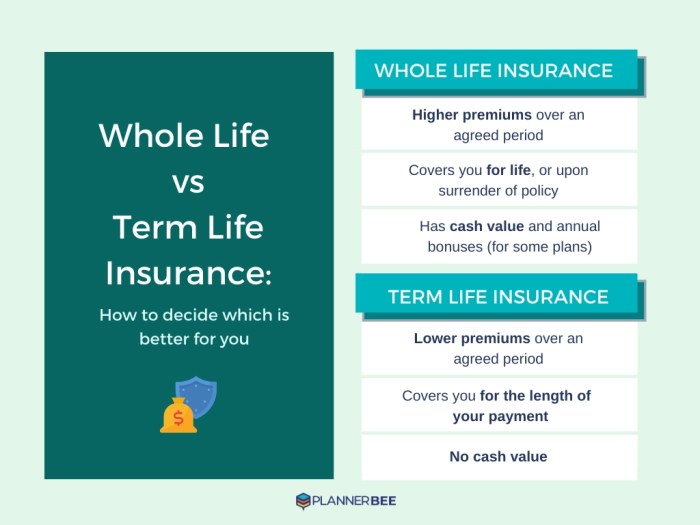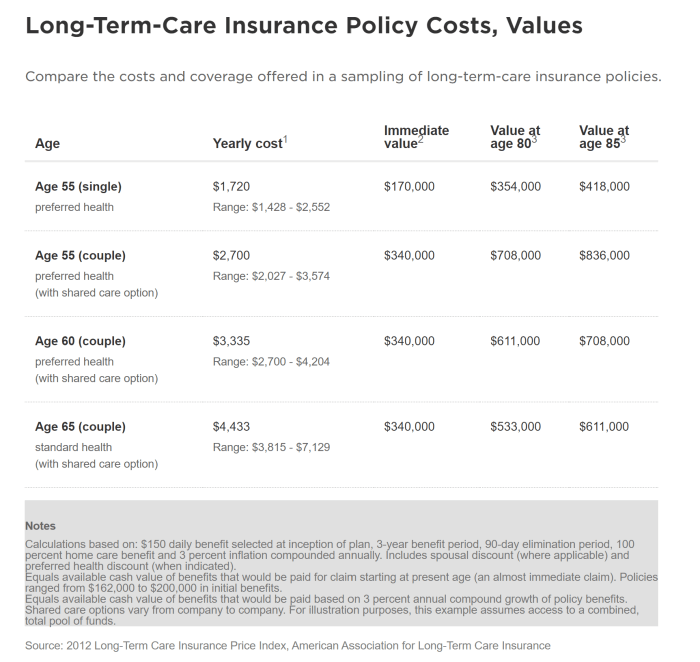Defining Needs for Small Business CRM

Low cost crm software for small business – Implementing a Customer Relationship Management (CRM) system can significantly improve efficiency and profitability for small businesses. Choosing the right system, however, requires careful consideration of specific needs and potential challenges. This section Artikels key functionalities, common implementation hurdles, and the differing requirements of service-based versus product-based businesses.
Finding low cost CRM software for small business can feel like searching for a unicorn! You need something affordable, but also effective. To avoid a total software meltdown, check out this handy guide for a crm software comparison small business before you commit. Then, armed with knowledge, you can triumphantly find the perfect, budget-friendly CRM and ride off into the sunset (or at least, a successful business quarter!).
Essential CRM Functionalities for Small Businesses
Three core functionalities are crucial for most small businesses: contact management, sales pipeline tracking, and basic reporting. Contact management provides a centralized database for storing and organizing customer information, enabling personalized communication and improved customer service. Sales pipeline tracking allows businesses to monitor the progress of leads through various stages of the sales process, identifying bottlenecks and improving conversion rates.
Basic reporting capabilities provide insights into sales performance, customer engagement, and other key metrics, informing strategic decision-making. These three features form the foundation of a successful CRM implementation, offering immediate value and scalability as the business grows.
Challenges in Implementing CRM Software for Small Businesses
Small businesses often face unique challenges when implementing CRM software. These include limited budgets, lack of technical expertise, resistance to change from employees accustomed to existing processes, and the time investment required for data migration and training. Data integration with existing systems can also be complex, requiring careful planning and potentially specialized assistance. Furthermore, the choice of the right CRM system can be overwhelming given the variety of options available, leading to analysis paralysis and delays in implementation.
Successfully overcoming these challenges requires careful planning, effective communication, and a phased approach to implementation.
CRM Feature Needs: Service-Based vs. Product-Based Businesses
Service-based businesses typically prioritize features that track customer interactions, service requests, and project management. Examples include scheduling tools, service history tracking, and customer feedback mechanisms. Conversely, product-based businesses emphasize inventory management, order tracking, and sales forecasting. Features like product catalog integration, order management systems, and automated email sequences for order confirmations and shipping updates are essential. While both types of businesses benefit from contact management and basic reporting, the specific features they prioritize differ significantly based on their core business operations.
A service-based business might focus on detailed service notes and appointment scheduling, whereas a product-based business might prioritize inventory levels and order fulfillment tracking.
Comparison of Low-Cost CRM Software Options
The following table compares essential features of three hypothetical low-cost CRM software options (Option A, Option B, and Option C). Note that specific features and pricing may vary depending on the vendor and chosen plan. This table serves as a simplified example for illustrative purposes.
| Feature | Option A | Option B | Option C |
|---|---|---|---|
| Contact Management | Basic contact details, notes, and tagging | Advanced contact details, custom fields, segmentation | Basic contact details, integration with email |
| Sales Pipeline Management | Simple pipeline stages, basic reporting | Customizable pipeline stages, advanced reporting, forecasting | Limited pipeline management, basic task assignment |
| Reporting & Analytics | Basic sales reports | Customizable reports, dashboards, sales forecasting | Limited reporting, basic sales summaries |
| Integration Capabilities | Email integration | Email, calendar, and other third-party integrations | Limited integration capabilities |
Exploring Low-Cost CRM Software Options

Selecting the right CRM system is crucial for small businesses seeking to streamline operations and enhance customer relationships. The market offers a range of options, and understanding the features, pricing, and deployment models is key to making an informed decision. This section explores several low-cost CRM software options, compares cloud-based and on-premise solutions, and provides examples of successful implementations.
Low-Cost CRM Software Options and Pricing Models
Several affordable CRM solutions cater specifically to the needs and budgets of small businesses. The choice depends heavily on specific requirements and the size of the business. The following list presents five options with their associated pricing models, keeping in mind that pricing can change and often depends on the number of users and features selected.
- HubSpot CRM: Offers a free plan with limited features, and paid plans start at a low monthly cost, scaling with the number of users and added features. Pricing is typically based on a per-user, per-month model.
- Zoho CRM: Provides a tiered pricing structure, with a free plan and paid plans ranging in price depending on the number of users and features included. Similar to HubSpot, it employs a per-user, per-month pricing model.
- Freshsales CRM: Offers a free plan with limited features and paid plans starting at a relatively low monthly price, increasing in cost with more users and advanced features. This also operates on a per-user, per-month model.
- Bitrix24: Provides a free plan with basic features and paid plans for more advanced functionalities. Pricing varies based on the number of users and features selected. They also offer a flexible pricing model allowing customization.
- Agile CRM: Offers a freemium model, with a basic free plan and paid plans ranging in price depending on the number of users and the features required. Like others, it uses a per-user, per-month pricing structure.
Cloud-Based versus On-Premise CRM Solutions for Small Businesses
The decision between cloud-based and on-premise CRM solutions significantly impacts cost, maintenance, and accessibility.Cloud-based CRM solutions, such as those listed above, offer several advantages for small businesses. These include lower upfront costs, ease of access from anywhere with an internet connection, automatic updates and maintenance handled by the provider, and scalability to accommodate growth. However, they rely on a stable internet connection and may involve monthly subscription fees.
Data security and privacy concerns also need careful consideration.On-premise CRM solutions, conversely, require an upfront investment in software licenses and hardware. They offer greater control over data security and privacy but necessitate internal IT expertise for installation, maintenance, and updates. The initial investment can be substantial, making them less appealing for businesses with limited budgets. Scalability can also be more challenging and expensive.
Examples of Successful Small Business CRM Implementations
Several small businesses have successfully leveraged CRM systems to improve efficiency and customer relationships.For example, a small bakery implemented Zoho CRM to manage customer orders, track inventory, and personalize marketing campaigns. This resulted in a significant increase in repeat business and improved customer satisfaction. The system’s ease of use and affordable pricing made it a suitable choice for their limited resources.Another example involves a boutique clothing store using HubSpot CRM to manage customer interactions, track sales leads, and automate email marketing.
This resulted in a streamlined sales process and improved conversion rates, leading to increased revenue. The free plan initially met their needs, allowing them to scale to a paid plan as they grew. These examples highlight how CRM systems, even low-cost ones, can deliver substantial benefits for small businesses.
Pros and Cons of Five CRM Options
The following Artikels the pros and cons of each of the five CRM options mentioned earlier. Note that these are general observations and individual experiences may vary.
- HubSpot CRM:
- Pros: User-friendly interface, robust free plan, strong marketing automation features, excellent integration with other HubSpot tools.
- Cons: Some advanced features require paid plans, limited customization options in the free plan.
- Zoho CRM:
- Pros: Comprehensive features, affordable pricing, good customization options, wide range of integrations.
- Cons: Can be complex to learn initially, some users find the interface cluttered.
- Freshsales CRM:
- Pros: Intuitive interface, strong sales automation features, affordable pricing, good customer support.
- Cons: Fewer integrations compared to some competitors, limited reporting capabilities in the lower-tier plans.
- Bitrix24:
- Pros: All-in-one platform including CRM, project management, and communication tools, flexible pricing options.
- Cons: Can be overwhelming due to the number of features, interface may not be as intuitive as others.
- Agile CRM:
- Pros: Affordable, good sales and marketing automation features, integrates with popular platforms.
- Cons: Reporting and analytics could be improved, customization options might be limited in lower-tier plans.
Training and Support: Low Cost Crm Software For Small Business

Effective training and ongoing support are crucial for the successful implementation and utilization of any CRM system, especially low-cost options where features may be less intuitive or comprehensive. A well-trained workforce can maximize the software’s benefits, leading to improved customer relationships, increased sales, and enhanced operational efficiency. Conversely, inadequate training can result in low adoption rates, wasted investment, and ultimately, a failure to achieve the desired return on investment.The availability and quality of training and support resources directly impact a small business’s ability to leverage the chosen CRM effectively.
Factors such as the comprehensiveness of documentation, the accessibility of online tutorials, and the responsiveness of customer support channels significantly influence user satisfaction and system proficiency.
Available Training Resources for Low-Cost CRM Software
Many low-cost CRM providers recognize the importance of user training and offer various resources to assist their clients. These resources typically include comprehensive online documentation, video tutorials, webinars, and frequently asked questions (FAQs) sections. Some providers also offer email or phone support, while others may provide access to online communities or forums where users can interact and share their experiences.
The specific resources available vary significantly depending on the provider and the chosen plan.
- Online Documentation: Most low-cost CRM platforms offer extensive online documentation, covering various aspects of the software, from basic setup and configuration to advanced features and troubleshooting. This documentation typically includes user manuals, quick start guides, and knowledge base articles.
- Video Tutorials: Many providers supplement their written documentation with video tutorials that visually demonstrate how to perform specific tasks within the CRM. These videos are often concise and focused, making them easier to follow than lengthy written instructions.
- Webinars and Online Workshops: Some providers host regular webinars or online workshops to educate users on new features, best practices, and advanced techniques. These interactive sessions provide an opportunity for users to ask questions and interact with other users and the provider’s support team.
- Community Forums and Support Groups: Several low-cost CRM providers foster online communities or forums where users can interact with each other, share tips and tricks, and seek assistance from peers. This peer-to-peer support can be invaluable for resolving minor issues and learning new techniques.
Importance of User Training and Ongoing Support, Low cost crm software for small business
Successful CRM implementation requires a commitment to comprehensive user training and ongoing support. Initial training equips employees with the necessary skills and knowledge to use the software effectively. Ongoing support ensures that users can continue to utilize the software effectively and address any challenges that may arise. Without adequate training and support, users may struggle to adopt the new system, leading to low utilization rates, data inconsistencies, and missed opportunities.
Effective training also fosters user confidence and encourages consistent use of the CRM, leading to improved data quality and better decision-making.
Tips for Effectively Training Employees on a New CRM System
Effective training should be tailored to the specific needs and technical skills of the employees. A blended approach, combining online resources with hands-on training, often yields the best results. Training should be delivered in manageable chunks, focusing on specific tasks and workflows. Regular reinforcement and ongoing support are crucial for ensuring that employees retain their knowledge and continue to use the CRM effectively.
The use of real-life examples and scenarios during training helps employees to better understand how to apply the software in their daily work. Finally, providing opportunities for employees to practice using the software in a safe environment, such as a sandbox or test environment, is essential for building confidence and competence.
Support Comparison of Three Low-Cost CRM Providers
Comparing the support offered by different low-cost CRM providers is essential for selecting the right solution for a small business. This comparison will focus on three hypothetical providers, “CRM-Easy,” “SimpleCRM,” and “QuickCRM,” highlighting their support offerings. Note that specific features and levels of support are subject to change and depend on the chosen pricing plan.
| Feature | CRM-Easy | SimpleCRM | QuickCRM |
|---|---|---|---|
| Online Documentation | Comprehensive, well-organized, includes video tutorials | Basic documentation, limited video content | Extensive documentation, searchable knowledge base |
| Email Support | Available, response time typically within 24 hours | Available, response time may vary | Available, priority support available for paid plans |
| Phone Support | Not available for basic plans | Available for paid plans | Available for all plans, limited hours for basic plans |
| Community Forum | Active community forum with helpful users | Limited community interaction | No dedicated community forum |
| Live Chat Support | Available during business hours | Not available | Available for paid plans only |



